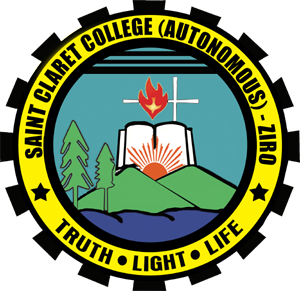Publication Ethics
Ethics Guidelines
Editorial Policies
Journal Interviews is committed to upholding the highest standards of publication ethics and follows the guidelines established by the Committee on Publication Ethics (COPE).
Fair Review Process
- Double-blind peer review
- Unbiased evaluation criteria
- Transparent decision-making
- Timely communication
Editorial Independence
- Editorial decisions based on merit
- No commercial influence
- Confidentiality maintained
- Conflict of interest disclosure
Reviewer Guidelines
Peer reviewers play a crucial role in maintaining publication quality and integrity.
Reviewer Duties
- Timely Review: Complete reviews within agreed timeframe
- Thorough Evaluation: Assess methodology, results, and conclusions
- Constructive Feedback: Provide helpful suggestions for improvement
- Confidentiality: Maintain strict confidentiality of manuscripts
Ethical Standards
Reviewers Must Not:
- Use unpublished information for personal gain
- Review manuscripts with conflicts of interest
- Share manuscript details with others
- Delay reviews to gain competitive advantage
Plagiarism Policy
Zero Tolerance Policy
We have a strict zero-tolerance policy for plagiarism and use advanced detection software.
Types of Plagiarism
Detection & Consequences
Our Process:
- Automated plagiarism screening
- Manual verification by editors
- Author notification and response
- Editorial decision and action
Consequences:
- Immediate manuscript rejection
- Author notification to institutions
- Potential publication ban
- Retraction if already published
Conflicts of Interest
All parties must disclose any financial, professional, or personal relationships that could influence their judgment or create bias.
Authors
- Financial support
- Employment relationships
- Board memberships
- Stock ownership
- Patent applications
Reviewers
- Personal relationships
- Professional competition
- Institutional affiliations
- Financial interests
- Collaborative history
Editors
- Author relationships
- Institutional conflicts
- Financial interests
- Personal bias
- Professional competition
Research Misconduct
We take allegations of research misconduct seriously and follow established procedures for investigation and resolution.
Types of Misconduct
- Fabrication: Making up data or results
- Falsification: Manipulating research materials
- Plagiarism: Using others' work without attribution
- Duplicate Publication: Publishing same work multiple times
Reporting Process
Report Allegation
Contact editorial office with details
Initial Assessment
Editorial team evaluates claim
Investigation
Formal investigation if warranted
Resolution
Appropriate action taken
Questions About Ethics?
If you have concerns about publication ethics or need to report misconduct, please contact us.

